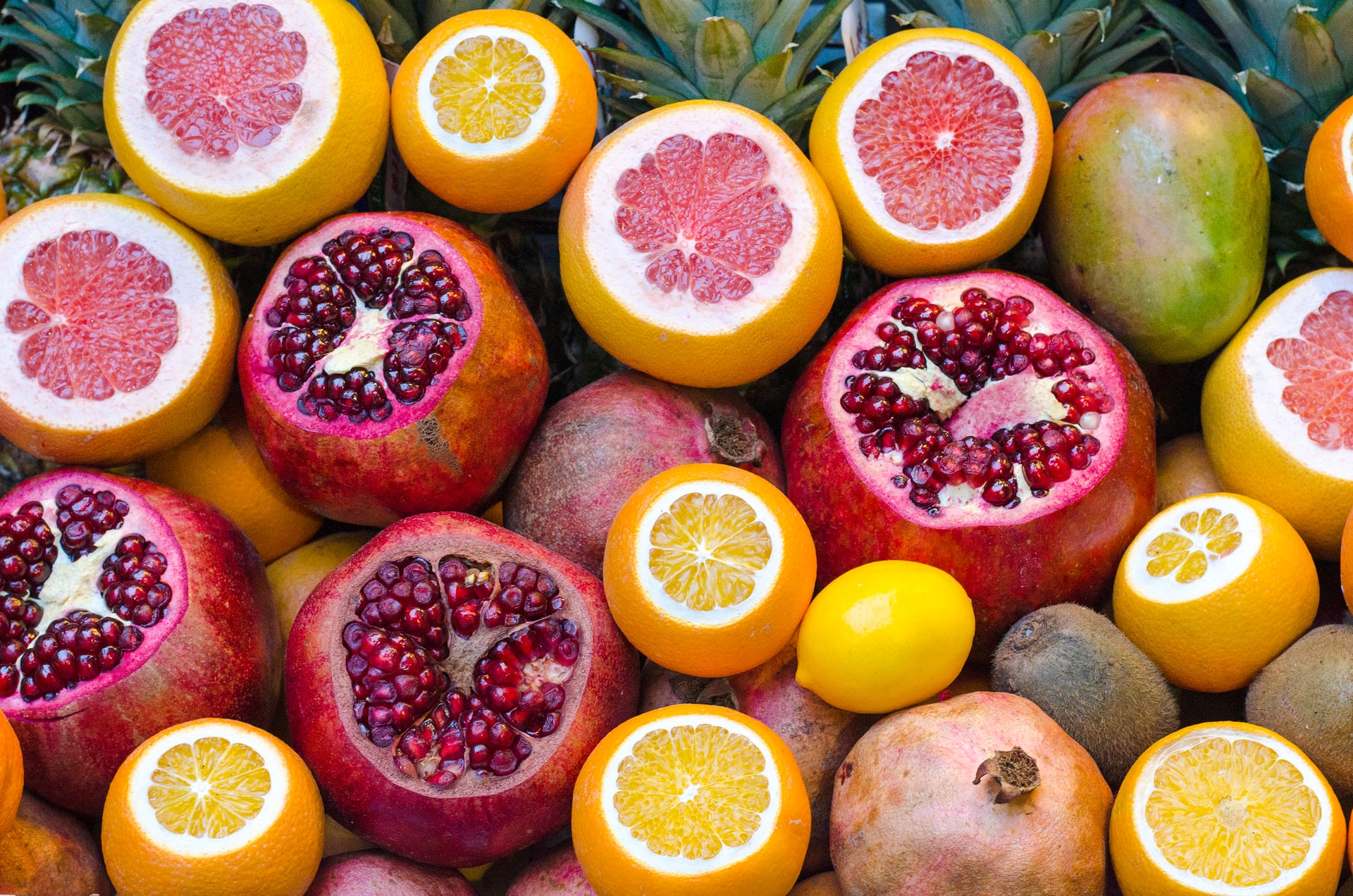
The Microbiome Connection of Mind
After a life time of work, Hippocrates concluded…
”all disease begins in the gut.”
What do we mean by Microbiome?
Microbiome refers to the trillions of bacteria ie microorganisms or microbes that live in our gastrointestinal tract, hair and skin. These bacteria (100 trillion living in our body) impact on our overall health and are pivotal to enjoying good health. The gut microbiome is a vast ecosystem of organisms such as bacteria, yeasts, fungi, viruses and protozoans that live in our digestive pipes, which collectively weigh up to 2kg (heavier than the average brain). The genetic material they contain is just as important as the DNA we inherit and may influence our predisposition and susceptibility to certain diseases. The imbalance that occurs can be found in patients who suffer from ‘stomach complaints.’ Consider celiac disease, inflammatory bowel disease, inflammatory bowel syndrome, and other manifestations in the wider system such as Type 2 diabetes, and obesity. Our microbial ‘residents’ train our immune systems to distinguish between friend and foe. They also weed out pathogens, help our bodies absorb nutrients, and neutralise cancer causing compounds etc.
What else has come to light about our Microbiome and good mental health?
OK, so we get it that the microbes affect our stomach, bowel, weight and diabetes. What is now coming to light is the important connection that the gut microbiome interacts with the central nervous system and immune system, influencing weight regulation and psychopathology, such as anxiety and depression. Studies have shown a connection of gut health (or lack thereof) and the role of neurotransmitters in sending messages to the brain. Early studies have shown that the introduction of probiotics has been found to assist in countering Anorexia nervosa, Obsessive compulsive disorder, Obesity (Type 2 diabetes), controlling blood sugar, leaking gut and the outcome in gut composition and even alcohol dependency. The other important studies have shown the impact of microbiome on cognitive functioning and the central nervous system and major depressive disorders. The studies have a major part to play in understanding the high co-morbidity rate between psychiatric disorders and gut health. Gut wellbeing also influences mood and anxiety. Other studies also concur that the timely introduction of probiotics may well produce a positive outcome in combating mood disorders.
In the case of patients with celiac disease, by optimizing and balancing the microbiome through changes in diet ie gluten-free, the use of targeted probiotics and in severe cases possibly the process of faecal transplants is proving beneficial. The future is looking more optimistic.
By balancing and optimizing the microbiome, it may also decrease the risk of other autoimmune diseases, such as thyroid disease, that occur more commonly in people with celiac disease.
Optimizing microbiome by diet….
Effective treatments to modulate the microbiome are in development, but until then there are things we can do to optimize it on our own…
- Diet: Plant based, free of processed foods, reduced meat consumption. Including cultured or fermented foods to improve intestinal health by providing natural forms of probiotics. Go nuts! Nuts help mood. Include herbs and spices particularly turmeric and saffron. Fats are your friend – healthy fats that is. Think Omega-3s, fish and lean meat. Avoid sweeteners and additivies. Sugar is now referred to as ‘sweet poison’ because of its addictiveness, the effects it has on promoting hunger and increasing fat to the internal organs particularly the liver, and influences overall body mass.
- Exercise: Works to our advantage improving microbiome. A goal of 30-45 minutes daily. If that seems unachievable…then look at shorter workouts to boost the metabolism. Maybe several high intensity bursts of 20 seconds with short rest intervals. Do warm ups before and cool down after each set of exercises. Walking is a great way to improve physical and emotional wellbeing. Don’t forget social interaction for good mental health.
- Sleep: No distractions in the bedroom, and if possible, no alcohol consumption in the evening, and consider relaxation exercises before closing your eyes for the night
- Stress management: Introduce stress reduction techniques to boost good microbiome diversity.
- Weight management: Try to maintain a healthy weight to promote healthy microbiome. The evidence supports this in fostering good mental and physical health.
- Probiotics and prebiotics: These can be used to manipulate the composition of the microbiome. By using targeted or specific formulations for specific disease states this will support the importance of good health. Seek a medical practitioner or dietician’s advice on this.So, what’s the difference between the two ie Probiotics and prebiotics and how do I introduce these into my diet? Probiotics are ‘living’ friendly bacteria found in cultured, fermented foods. Eg. yoghurt, aged cheese, sauerkraut, sourdough bread, miso, tempeh, kembucha, also available in supplement form. Prebiotics are ‘non-living’ foods eg. legumes, whole wheat products, garlic, onions and cabbage/kale.
It’s still early days in the research on Mind-Gut connections, but three books that may motivate you to start the journey to understanding the importance of good gut health and good mental health could include….
- The Mind-Gut Connection….Emeran Mayer, MD
- A Fat Lot of Good…. Dr. Peter Brukner
- The Complete Gut Health Cookbook ….Peter Evans




